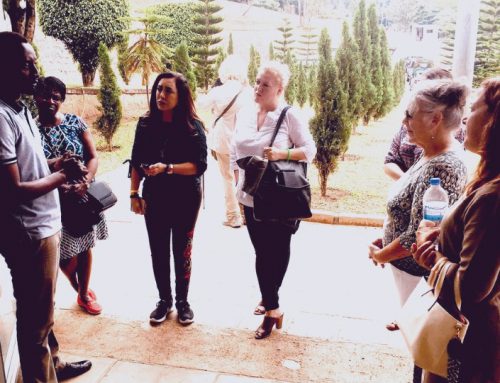You had good intentions, but somehow things got out of hand. Your brother-in-law pushed your buttons and although you tried to keep your mouth shut, you just had to say something. Now you now regret it. Big time.
What should you do? An apology sends the clearest signal that we have the strength of character to reconcile ourselves with the truth. It is the most courageous gesture we can make to ourselves.
Leave out the ifs and buts. If reduces the effectiveness of an apology. For example: “If I offended you, I am sorry.” This says the offence may or may not have happened. Adding but is just as bad. For example: “I am sorry, but you started it.” Using but just deflects some of the responsibility away from ourselves and reduces the effectiveness of the apology. Say, “I offended you and I am sorry.”
Use the active voice, not passive. The passive voice is another way of avoiding responsibility. Instead of saying, “I made a mistake,” the apology comes out as, “Mistakes were made.” It’s like someone else may have made them. You know you are in the passive voice if some form of the verb to be is used.
Don’t joke around. An apology is serious and although humour is good to diffuse tense situations, don’t use it in an apology.
Don’t assume. No one wants to accept an apology from someone who is arrogant enough to presume they know how you feel. Instead of saying, “I know exactly how you feel,” say, “I can’t imagine how you are feeling.” Or say, “I wonder how I would feel if I were in your shoes. I don’t know. How do you feel?”
Don’t say, “What can I do to make it right?” An apology is much more effective if it includes a plan for restitution. The victim needs to hear what you think is an appropriate offer. Do what is fair without asking. Be generous.
Take turns. When offering a significant apology, say something like, “I need to apologize to you. This is not easy for me so I ask that you hear me out and then I will listen to what you have to say.” This increases the chances that the person will actually listen to you and not be thinking of their own response.
Begin with I. An apology is about accepting personal responsibility so rather than say, “You have said things and I have said things and it’s time to stop the fight,” say, “I apologize. I have said things I didn’t mean and I am sorry.”
Use the victim’s name. Everyone likes to hear their own name and using it in your apology reinforces the mission, which is to repair the relationship.
Don’t Ramble. Rambling usually ends in excuses. Say you’re sorry, then stop and listen.
Don’t Argue. Even if the victim doesn’t see things your way, just listen. The purpose of an apology is not to change someone’s point of view.
The apology in a nutshell
- Say I’m sorry, I apologize
- Make it timely
- Take responsibility
- State the wrong at the beginning
- Express hearfelt authentic genuine regret
- Express emotion
- Give an explanation
- Going forward, give solutions and actions you are planning to take that will prevent this from happening again
- Follow up





